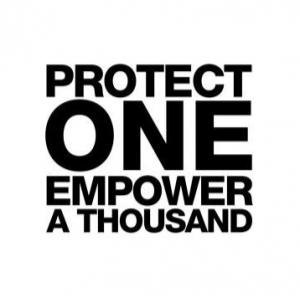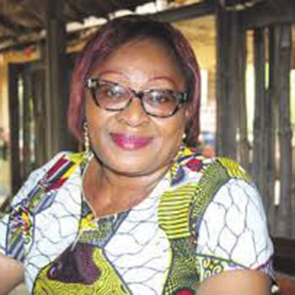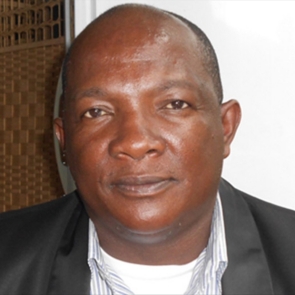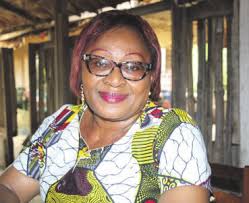#Gabon
#Gabon
The political landscape is dominated by the Gabonese Democratic Party (PDG), which has been ruling the country since the late sixties. In 2016, Gabon experienced a political crisis following the re-election of president Ali Bongo, with the elections results challenged by the opposition leader who denounced irregularities. This political crisis impacted on the human rights situation. The constitution guarantees press freedom and other public freedoms. However, human rights defenders and journalists reporting on sensitive issues have been harassed, arrested and forced to reveal their sources.
Human rights defenders working on transparency, accountability are targeted and harassed for exposing the corruption which is rampant in the public institutions. With rampant cases of deforestation and the trafficking of precious woods, human rights defenders working on environmental rights and natural resources face severe risks from state and non-state actors. The judicial system is also used to harass and silence human rights defenders through both criminal and civil sanctions. Many cases of judicial harassment against Gabonese HRDs and journalists contain accusations of defamation or “disrupting public order” and most often arise from declarations, reports or articles in which known political figures close to the ruling party are mentioned. While the National Communication Council (CNC – Conseil National de la Communication) has been advocating for the removal of criminal penalties for libel and related offences, there is no sign that any change will come any time soon.
The constitution prohibits discrimination based on national origin, race, gender, religion, disability, language or social status. It does not however prohibit discrimination based on sexual orientation, among other things. In 2019, Gabon introduced a new penal code criminalizing homosexuality, this was a setback as Gabon was one of the few African countries that did not criminalize homosexuality. On 29 June 2020 the Parliament removed the provision in the Penal Code that criminalises homosexuality, following a lower house vote on 23 June. This decision led to an increase in attacks on the LGBTI+ community, who tend to operate underground, online and offline. Gabon ratified the Convention on the Elimination of All Forms of Discrimination of Women (CEDAW) in 1983. However, women human rights defenders (WHRDs) still face obstacles in achieving their goals, in part due to long-standing gender discrimination and cultural stigma. Women’s reproductive rights also suffered a setback in 2019 when abortion was criminalised in the Penal Code.




